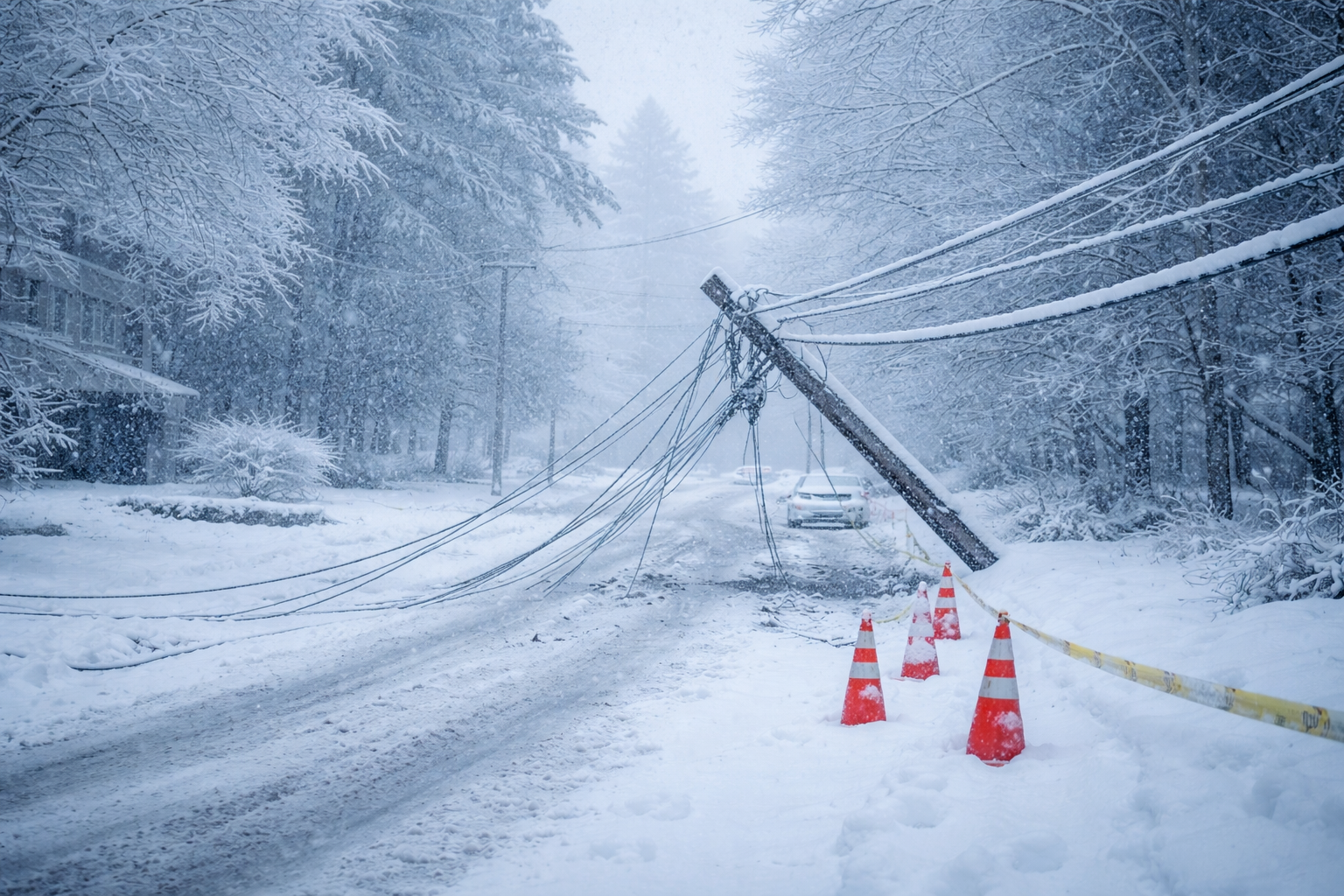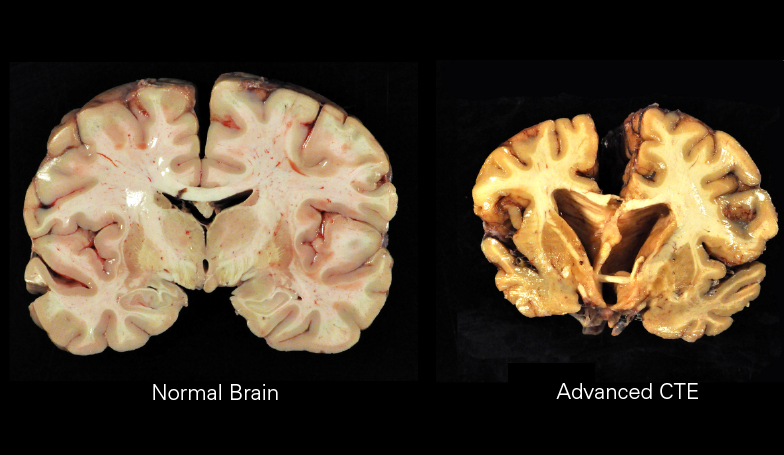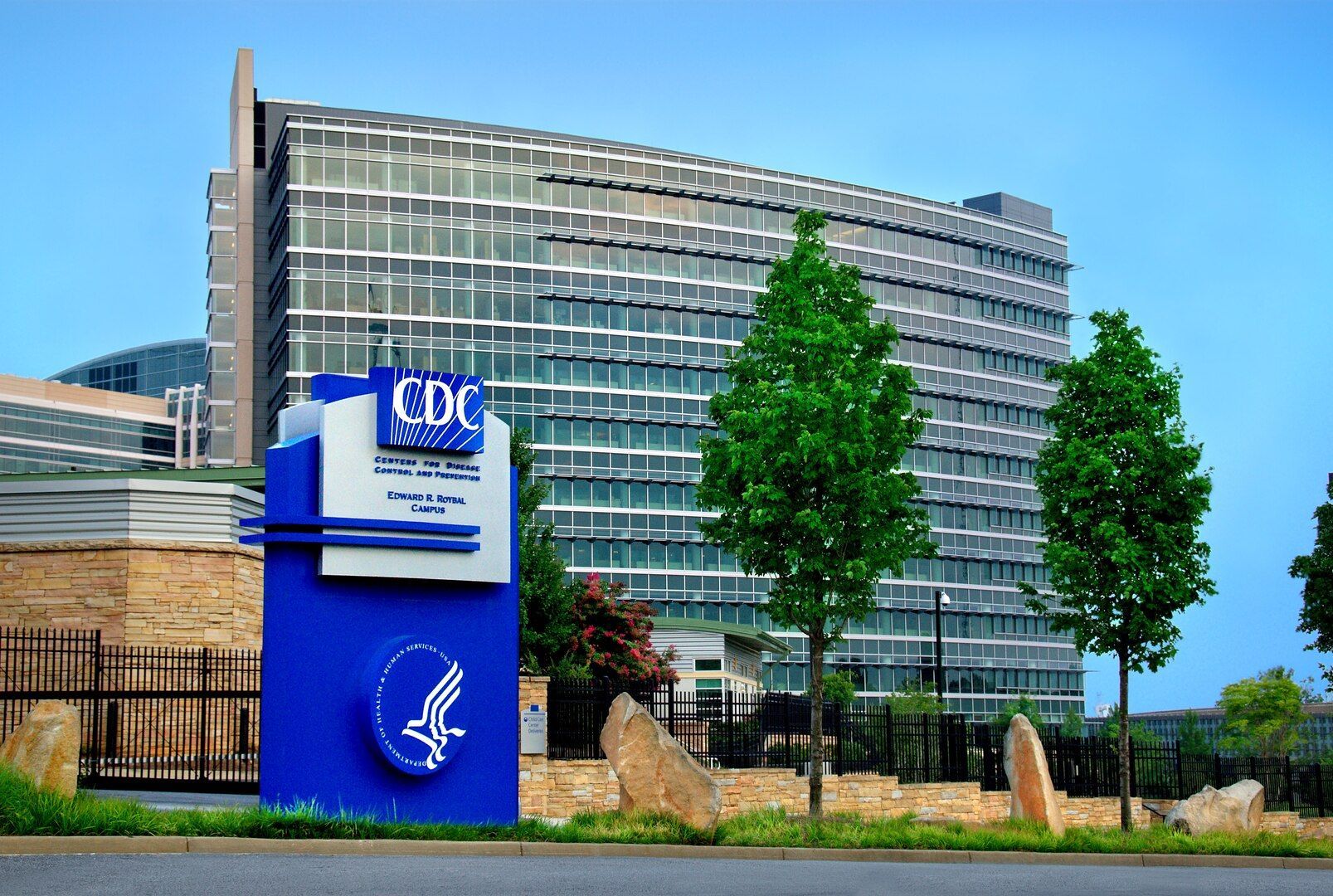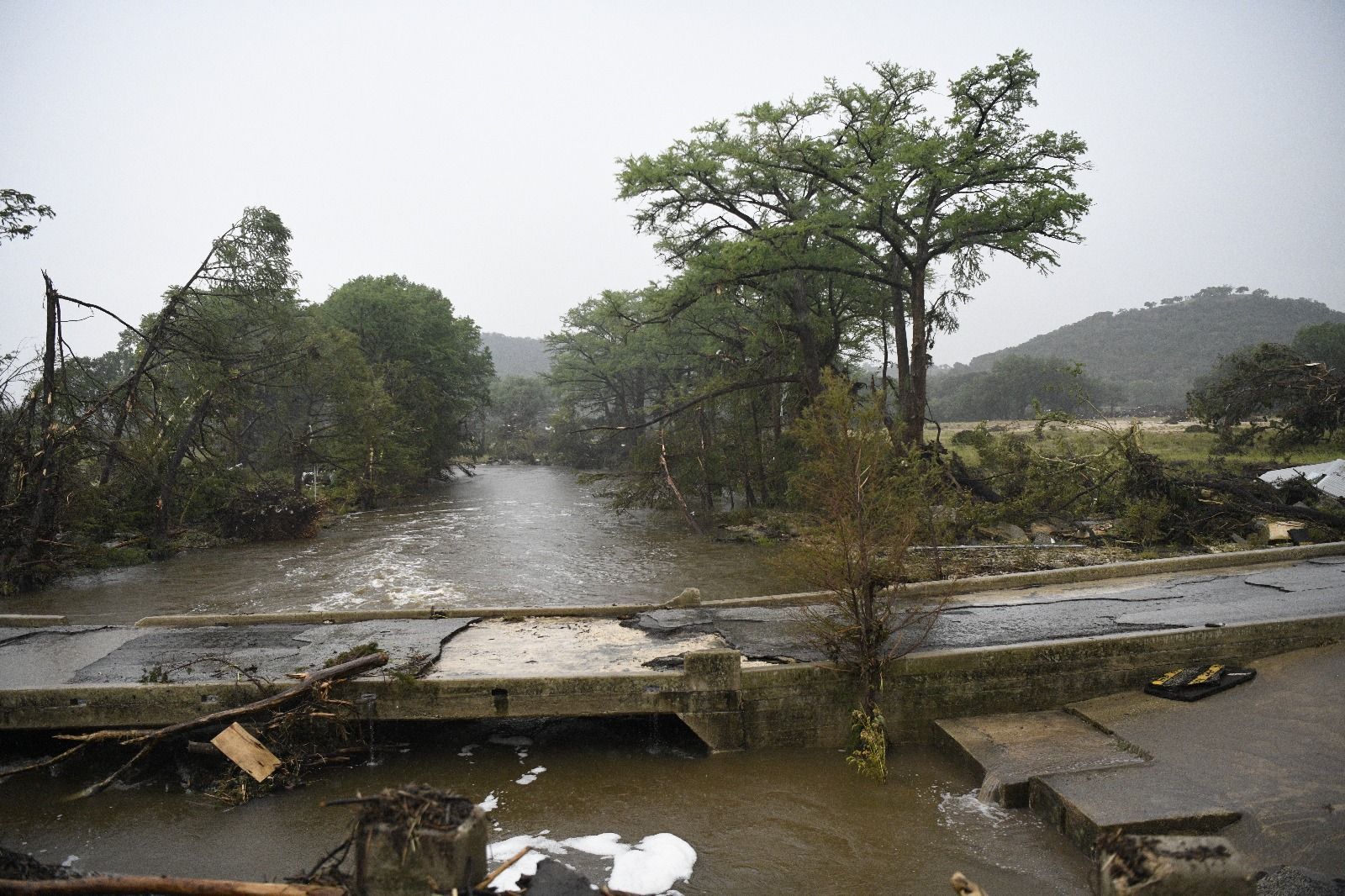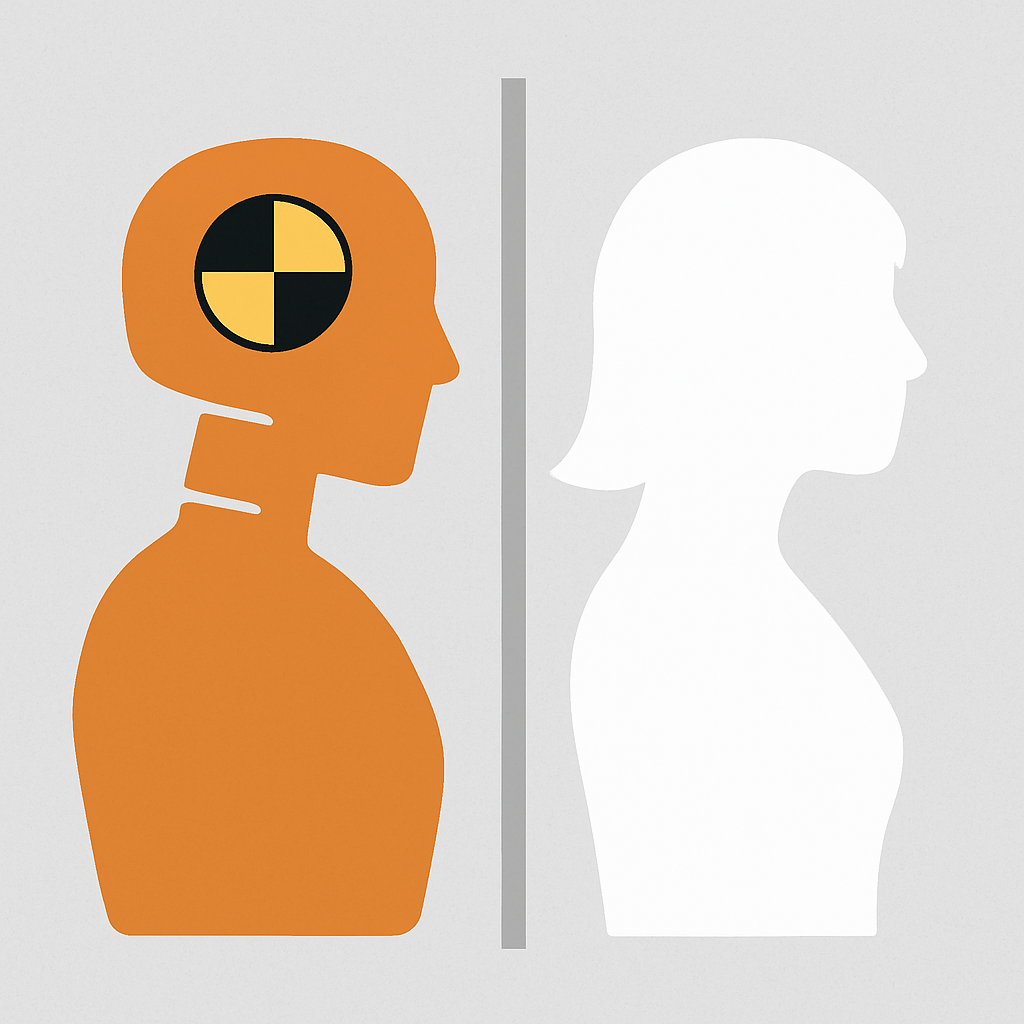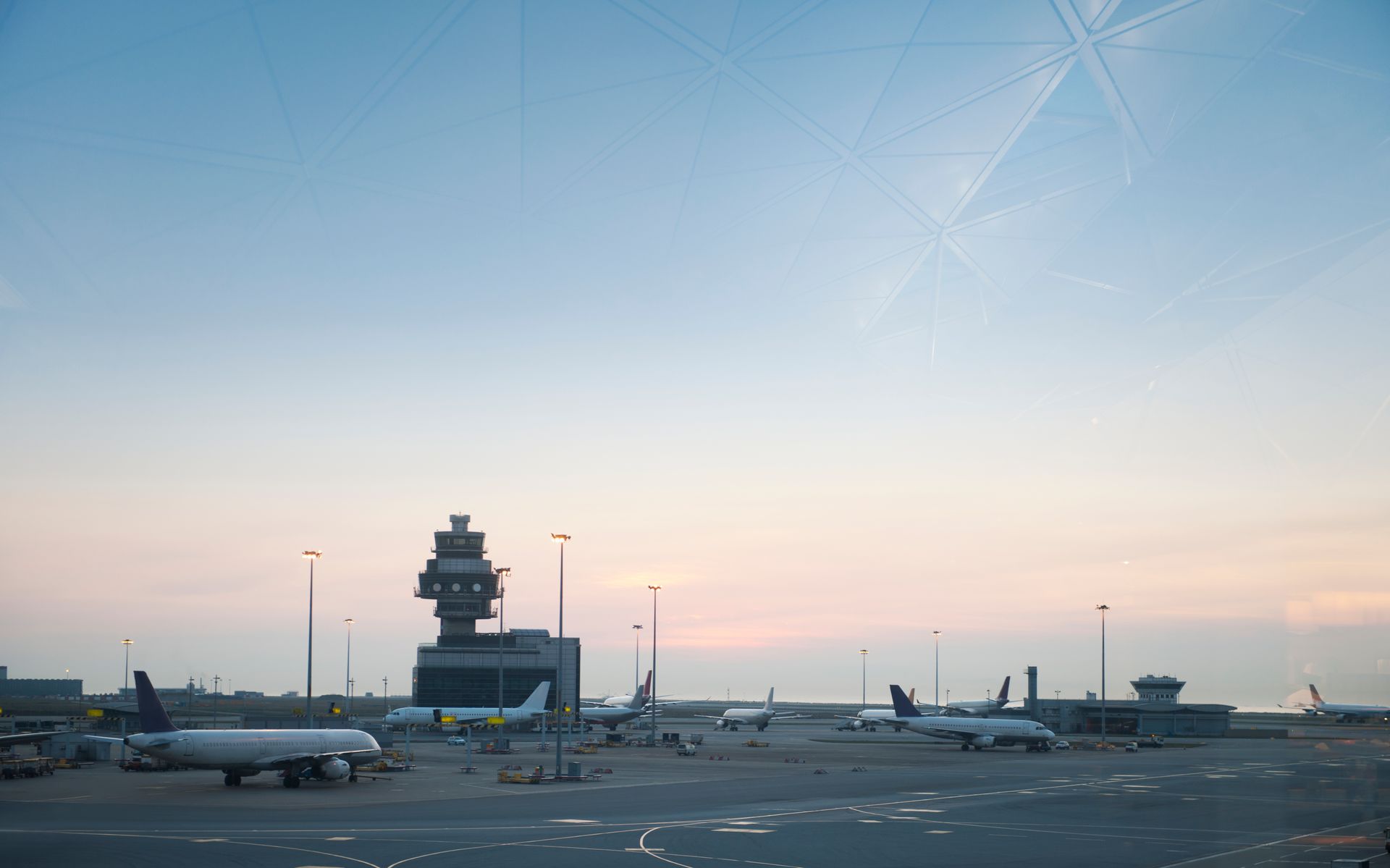WARNING: ARE MUSK, KENNEDY, AND TRUMP IGNORING THE GRAVE CONSEQUENCES OF SLASHING PUBLIC HEALTH FUNDING?
Recent budget cuts at the Health and Safety Science Services (HSSS) have sent shockwaves through the scientific and public health communities, threatening the very infrastructure designed to protect us from disease outbreaks, food contamination, and medical crises. These cuts have affected food inspectors, vaccine scientists, Alzheimer’s researchers, and experts studying bird flu, among others—positions that are essential to ensuring public safety and advancing critical medical research. The consequences of these decisions will be dire, potentially reversing years of progress and exposing society to increased health risks.

A Blow to Food Safety
One of the most immediate and tangible threats posed by these budget cuts is the reduction in food safety inspectors. Foodborne illnesses affect millions of Americans each year, causing thousands of hospitalizations and deaths. Inspectors are the frontline defense against contaminated products, ensuring that what reaches our grocery stores and restaurants meets rigorous safety standards. With fewer inspectors in the field, the likelihood of tainted food slipping through the cracks rises significantly. Recalls will be slower, outbreaks will be harder to track, and public confidence in the food supply will erode. The long-term cost of dealing with foodborne illness—both in terms of healthcare expenses and economic losses—far outweighs the short-term financial savings of cutting these critical positions.
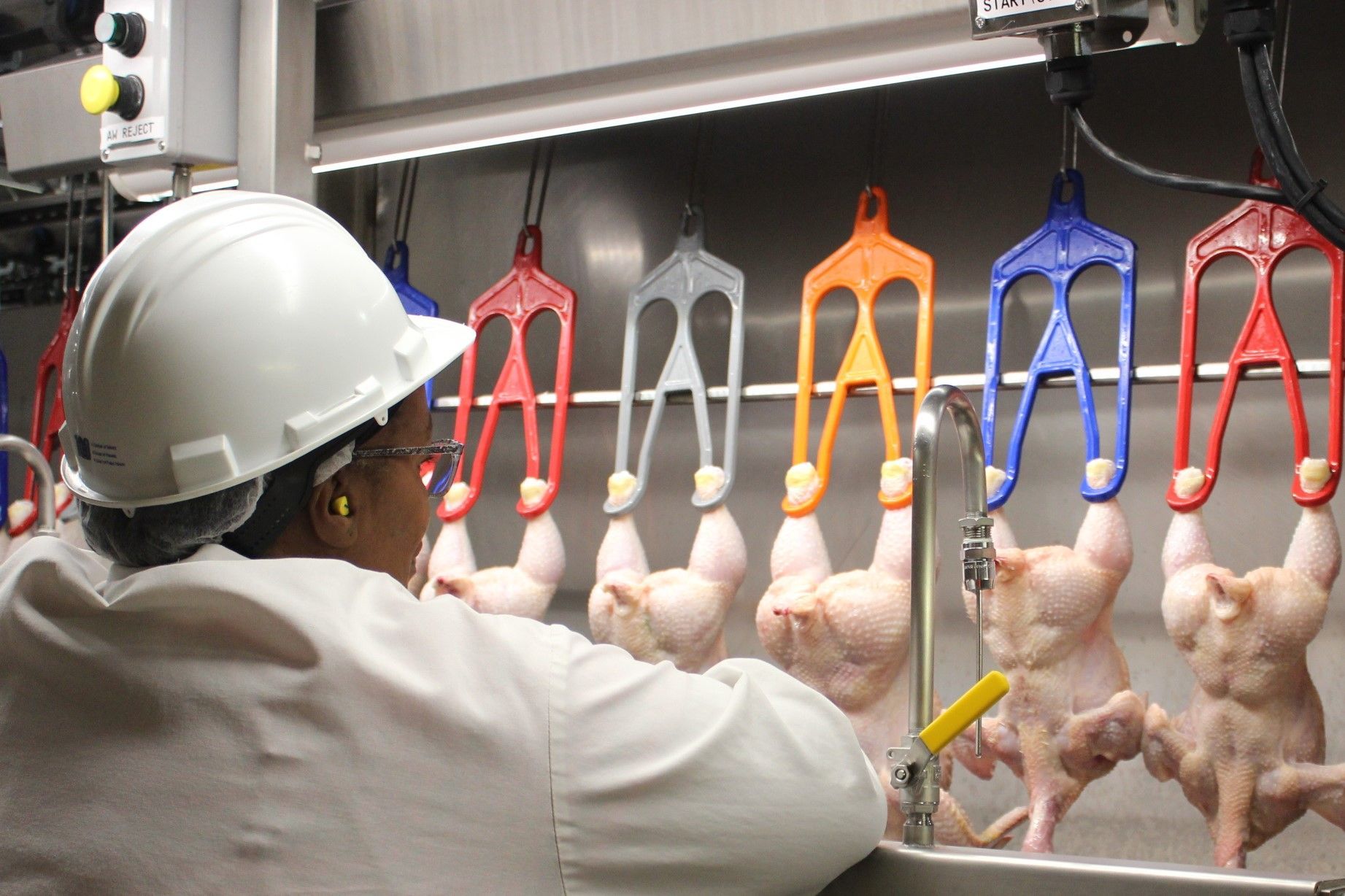
Food safety inspectors are our first line of defense against contamination. Budget cuts are putting millions at risk, slowing recalls, and threatening public trust in what we eat. The cost of inaction? Illness, economic fallout, and lost lives. Image Source: USDA
Undermining Vaccine Research in a Post-Pandemic World
The COVID-19 pandemic underscored the crucial role vaccine scientists play in safeguarding global health. Cutting funding to vaccine researchers now is not just shortsighted—it is reckless. Infectious diseases, both old and emerging, pose a constant threat, and the rapid development of vaccines has proven to be one of the most effective tools in combating them. With fewer resources dedicated to vaccine research, the nation’s ability to respond to future pandemics will be severely weakened. Diseases like measles, polio, and new strains of COVID-19 require continuous monitoring and adaptation of vaccines. The loss of experienced scientists in this field could mean delayed responses to outbreaks, resulting in preventable deaths and economic disruptions.

Abandoning Progress in Alzheimer’s Research
Alzheimer’s disease is a growing public health crisis, affecting millions of Americans and placing immense financial and emotional strain on families and caregivers. Advances in research over the last decade have brought us closer than ever to understanding and potentially treating this devastating disease. Slashing funding for Alzheimer’s researchers halts momentum at a critical time when promising treatments are emerging. Without sustained investment, breakthroughs will be delayed or lost altogether, leaving millions to suffer unnecessarily. The economic burden of Alzheimer’s-related care will continue to skyrocket, straining Medicare and Medicaid systems. Cutting funding for researchers dedicated to solving one of the most pressing medical challenges of our time is a failure of leadership and foresight.
Ignoring the Threat of Bird Flu and Emerging Zoonotic Diseases
The recent rise in cases of avian influenza (bird flu) has alarmed health officials worldwide. The virus has the potential to mutate into a strain capable of human-to-human transmission, leading to a pandemic with catastrophic consequences. Scientists studying bird flu are working to understand how these viruses evolve, how they spread, and how they can be contained. By cutting funding for these experts, we are effectively blinding ourselves to an impending threat. Without proper surveillance and research, we risk being caught unprepared for a virus that could devastate global health and economies. The world cannot afford another pandemic response as chaotic and uncoordinated as the initial reaction to COVID-19, yet these cuts make that scenario more likely.
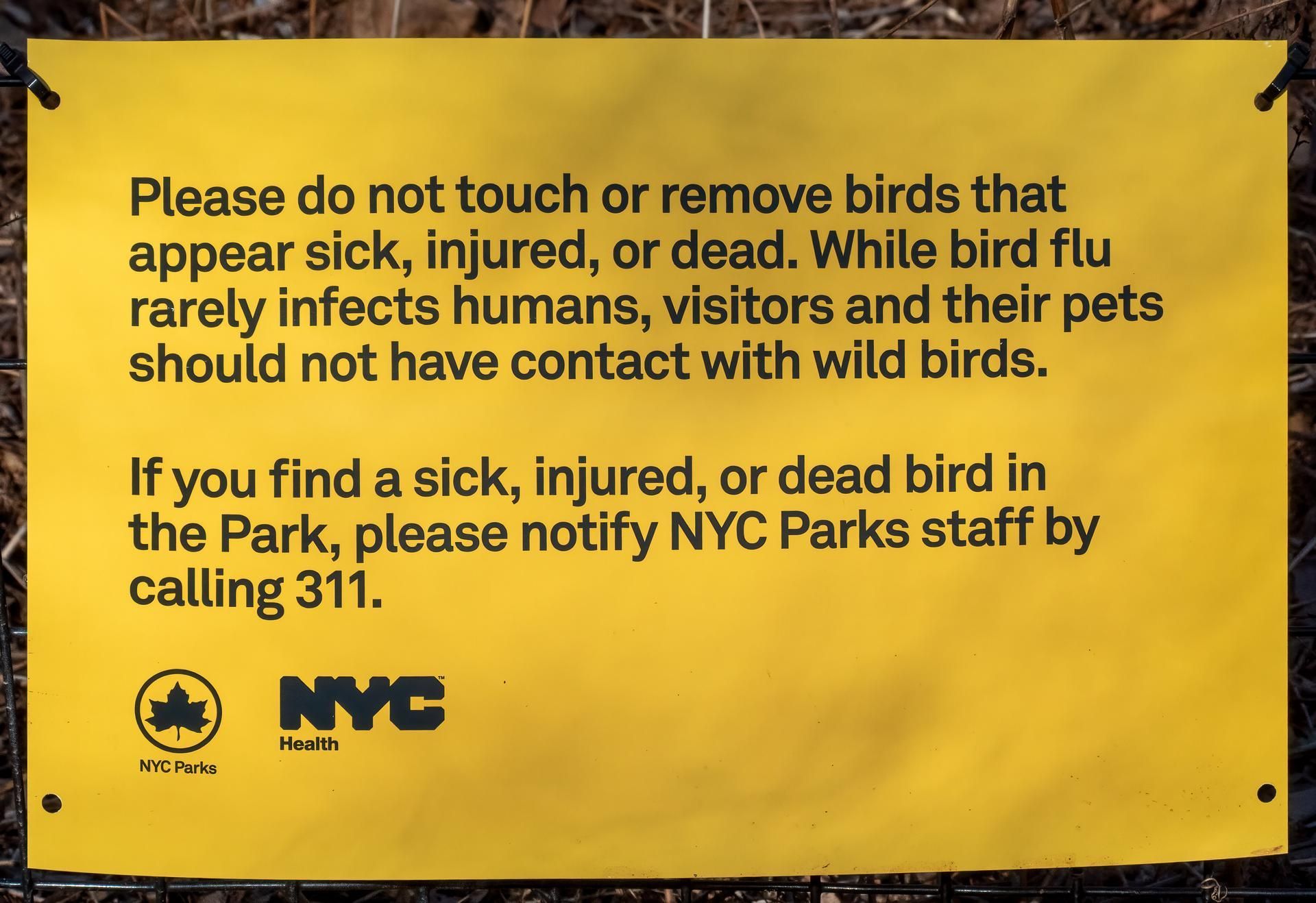
New York City posts warning in Central Park urging people not to handle birds due to health concerns.
Source: Wikipedia
The Larger Pattern: Devaluing Science and Public Health
These cuts are not occurring in isolation—they are part of a disturbing trend of devaluing science and public health in favor of short-term budgetary savings. The pandemic demonstrated the critical importance of a well-funded public health infrastructure, yet instead of reinforcing these systems, policymakers are dismantling them. The long-term costs of this approach will far outweigh any immediate financial benefits. Fewer food inspectors mean more food recalls and outbreaks. Fewer vaccine scientists mean slower responses to new disease threats. Fewer Alzheimer’s researchers mean prolonged suffering and economic burdens. Fewer bird flu scientists mean heightened pandemic risks.
Public health funding is not a luxury; it is a necessity. Cutting it in the name of fiscal restraint is a dangerous gamble that prioritizes immediate cost savings over long-term stability and safety. The role of government is to protect its citizens, and these cuts undermine that fundamental responsibility. Lawmakers must reverse course before irreversible damage is done. The stakes are too high to ignore.
